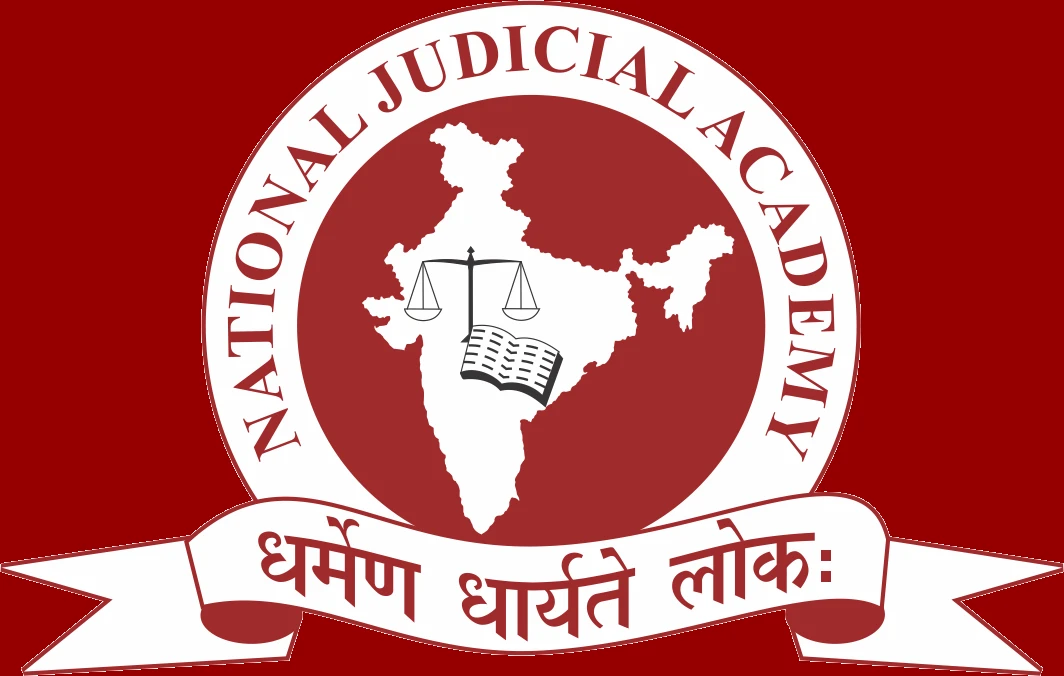Overview
The Vision of Justice of the Constitution of India: this is the guiding philosophy with which National Judicial Academy was established in the year 1993. NJA is an independent society under the Societies RegistrationAct, 1860. The honourable Chief Justice of India is the ultimate head of the institution. He is the chairman of the General Body and Governing council ofNJA.He is also the head of the Executive Committee and the Academic Council of NJA. NJA is completely aided by the government of India. “Judicialeducation enhances the delivery of Timely Justice.” is the vision of NJA. Their mission is to amplify timely justice. The main focus of NJA is delay and arrears reduction and increase in the quality and responsiveness of justice.NJA is only a framework for cooperation, discussion, and knowledge sharing in order to maximize the effective use of resources and avoid unnecessary duplication. NJA programmes provide judges to exchange knowledge and expertise, and thus, transform ideas and generate new knowledge.
The campus is spread over a land of 63 acres on the outskirts of Bhopal-the ancient and picturesque city, on a hill overlooking the beautiful lake, which is a thousand years old, from a distance. This massive lake around which the city of Bhopal is built is visible from space. The campus of the National Judicial Academy is considered the best judicial education campus in the world. It offers facilities for 144 residents, conference rooms and seminar halls, a 280 seater stand-alone state-of-the-art auditorium, and a well-furnished library. It offers various recreational activities that include a swimming pool, fully equipped gym, sauna, tennis, billiards, and other games.
Academics
NJA has established a national system for judicial education under National Judicial EducationStrategy, NJES. It was developed in the year 2006 in a meeting between NJA and the High Court Justices in charge of education, chaired by Honourable Justice K.G. Balakrishnan, the then SupremeCourt Judge of India. Honourable Justice S.B. Sinha also was a part of the guiding-team for the development of NJES. NJES went on for further refinement and development when it got implemented which began in the month of January of the year2007.
Academic programs of NJA are guided by NJES. NJES defines the mission, vision, and philosophy of national judicial education. According to NJA, “education is a process of ‘creating solutions’ for strengthening the administration of justice”. There are no teachers and students, no mentors and mentees. Education at NJA draws together judges from around the country to provide them a platform to jointly identify the major obstacles faced by the administration of justice and develop appropriate solutions for overcoming these obstacles. NJA has interactive approaches where participants will actively share their knowledge, experience and ideas, and engage in proactive thinking. Case study, group exercises, simulations, role play, field visits, and experiential learning are pedagogical methods used in NJA.
Conferences of High Court Justices are arranged by NJA under NJES. In these conferences, the Justices would go to assess the present status of law in different areas and together reflect on the necessities for the future development of law to respond to the needs of India in the interests of justice.

